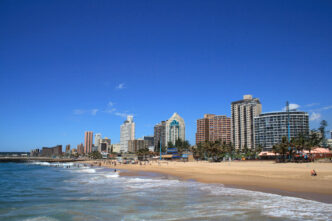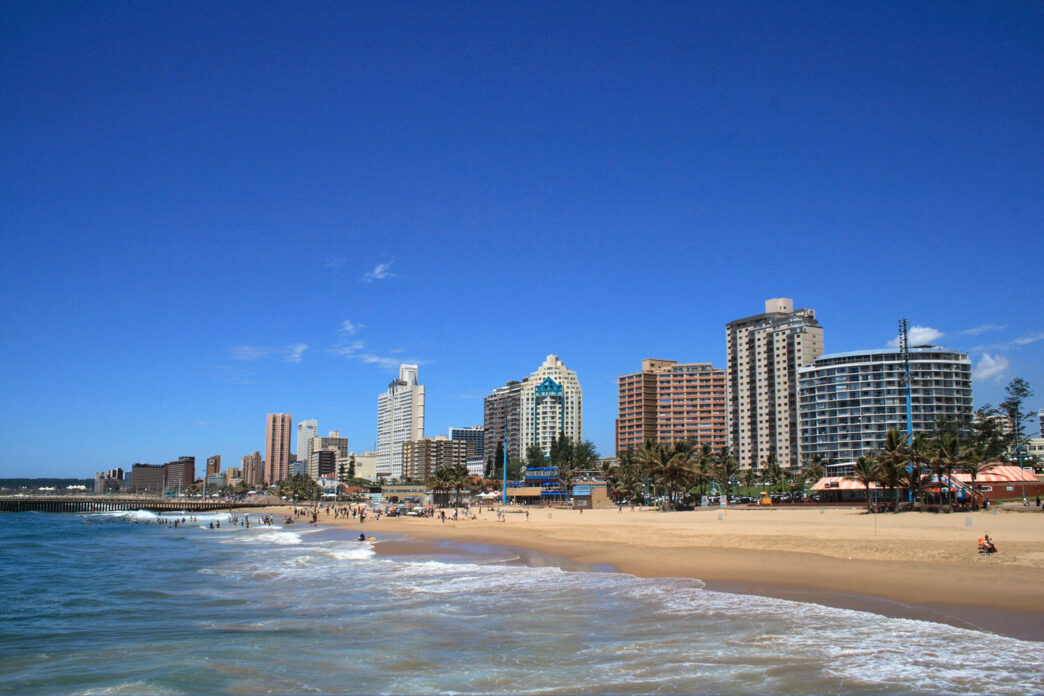South Africa’s iconic Durban coastline has implemented a temporary swimming ban across all southern beaches as the annual sardine run intensifies, drawing predators like sharks and dolphins into coastal waters. Announced on June 2, 2025 , the ban—effective “until further notice”—aims to mitigate risks to swimmers during the migration, which sees millions of sardines move northward along the KwaZulu-Natal coast .
However, the prohibition also coincides with longstanding water quality issues , including sewage pollution and E. coli contamination , which have plagued Durban’s beaches for years. In March 2025, thirteen beaches were temporarily closed due to unsafe bacterial levels, while only ten remained open, sparking criticism over municipal oversight and infrastructure failures.
Sardine Run Safety Measures
The sardine run, occurring between May and July, creates turbulent waters and heightened predator activity, prompting seasonal closures to ensure public safety . Lifeguards and marine monitors have intensified patrols, while signage and public advisories urge compliance with the ban . “This is a precautionary measure to protect swimmers from unpredictable marine behavior,” stated an eThekwini spokesperson.
Persistent Water Quality Challenges
Beyond the sardine run, recurring pollution incidents have raised alarms. Sewage spills and inadequate wastewater treatment systems have led to frequent beach closures, undermining Durban’s reputation as a premier tourist destination . Environmental groups warn of long-term health risks, citing studies linking contaminated water to gastrointestinal illnesses and skin infections.
Tourism stakeholders fear the dual threats—seasonal bans and pollution—could deter visitors during peak months. “We’re caught between natural cycles and preventable neglect,” said a local hotel owner. “If beaches remain inaccessible or unsafe, the economic ripple effects will be severe”.
Public and Political Response
Residents have expressed frustration over inconsistent enforcement and delayed infrastructure upgrades. While some support the ban as necessary, others demand urgent action to address systemic issues like leaking sewer lines and aging treatment plants . The municipality has pledged to invest in water quality monitoring and sanitation repairs, though critics argue progress remains too slow.
As authorities monitor conditions, the ban highlights the delicate balance between ecological preservation, public safety, and economic sustainability—a challenge that will define Durban’s coastal management strategies for years to come.













